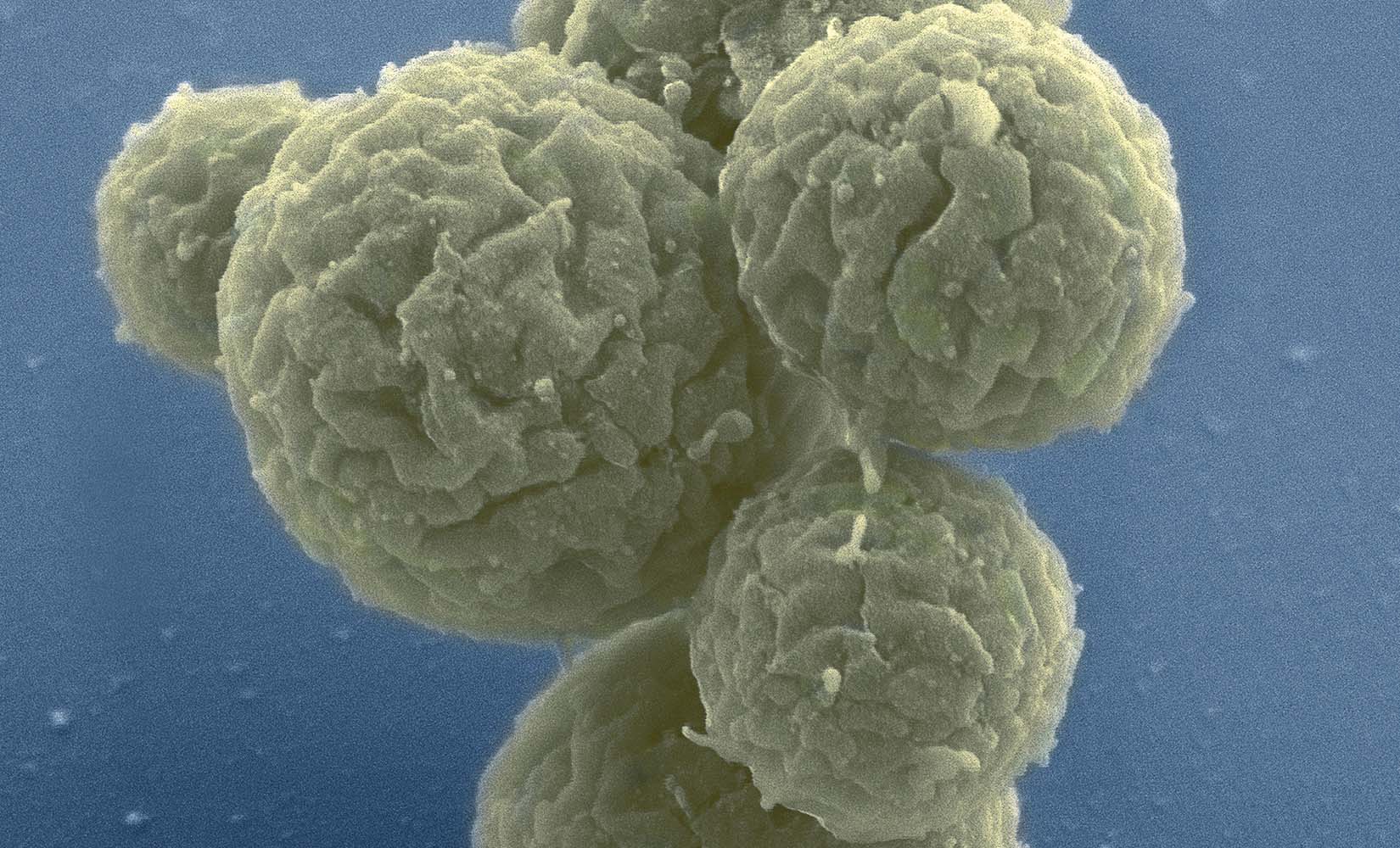Synthetic genomics advances and promise
Advances in DNA synthesis will enable extraordinary new opportunities in medicine, industry, agriculture, and research
LA JOLLA, CA and ROCKVILLE, MD—July 21, 2022—While the term synthetic biology was coined in the 1970s (by renowned geneticist, Waclaw Szybalski), its true emergence as a discipline did not happen until the late 1990s, into the 2000s. Key advances in knowledge, techniques, and technology gave rise to synthetic genomics, a branch of synthetic biology that constructs viruses, bacteria, and eukaryotic cells with synthetic genomes. These advances paved the way for diverse applications, though the field is still constrained by limitations in knowledge and technology. A review these advances and future directions of this research has been published in the journal Cell, by J. Craig Venter Institute (JCVI) senior scientists J. Craig Venter, Ph.D., John Glass, Ph.D., Clyde Hutchison, Ph.D., and Sanjay Vashee, Ph.D.
Synthetic genomics involves two basic processes: synthesis of complete genomes or chromosomes and booting up of those synthetic nucleic acids to make viruses or living cells. The first synthetic genomics efforts resulted in the construction of viruses in 2002-2003 (including the bacteriophage φX174). This led to a revolution in viral reverse genetics and improvements in vaccine design and manufacture (2013). The first bacterium with a synthetic genome (2010) led to construction of a minimal bacterial cell (2016) and recoded Escherichia coli strains (2013) able to incorporate multiple non-standard amino acids in proteins and resistant to phage infection.

Further advances led to a yeast strain with a synthetic genome (2022) and new approaches for animal and plant artificial chromosomes. On the horizon there are dramatic advances in DNA synthesis that will enable extraordinary new opportunities in medicine, industry, agriculture, and research.
Synthetic genomics is a young field still seeing a limited number of efforts. However, synthetic viruses have already altered vaccine design and production starting with the synthetic flu virus and leading to rapid development of RNA-based Covid vaccines. It is anticipated that synthetic cells will become more feasible with the development of new synthetic DNA approaches.
If thousands of versions of genomes could be made and tested simultaneously the field would move forward rapidly. While new technology has been slow in coming, recent breakthroughs using semiconductor chips may provide the key to the future of the synthetic genome field.
JCVI has partnered with Avery Digital Data to synthesize a complete eucaryotic genome using semiconductor chips for DNA synthesis Avery Digital Data is developing. This scale of synthetic genomics would not be feasible without this new technology.
Genome design and construction could lead to a new industrial revolution for food and chemical production. Synthetic genomes are already saving lives through new vaccines and now humanized pig organs for transplantation. The future of this field will clearly be exciting to see unfold.
The review, “Synthetic Chromosomes, Genomes, Viruses and Cells,” may be found in the journal Cell.
Bioethics and biosafety
Given advancements in synthetic genomics and obvious dual-use nature of these technologies, it will be key to develop technologies that enable the rigorous control of the of synthetic organisms so that genetically modified organisms that are intended only for laboratory or fermenter use are incapable of accidental release, and organisms designed for environmental release can still be controlled. Similarly, alteration of the genetic code of synthetic organisms can eliminate concerns that potentially dangerous genes in the synthetic strain will be horizontally transferred to natural organisms and expressed. Water marking the genetic code, via installing nucleic acid signatures in the genomes of synthetic cells and viruses, should be a requirement for any synthetic organisms to avoid confusion about its origins.
About J. Craig Venter Institute
The J. Craig Venter Institute (JCVI) is a not-for-profit research institute in Rockville, Maryland and La Jolla, California dedicated to the advancement of the science of genomics; the understanding of its implications for society; and communication of those results to the scientific community, the public, and policymakers. Founded by J. Craig Venter, Ph.D., the JCVI is home to approximately 120 scientists and staff with expertise in human and evolutionary biology, genetics, bioinformatics/informatics, information technology, high-throughput DNA sequencing, genomic and environmental policy research, and public education in science and science policy. The JCVI is a 501(c)(3) organization. For additional information, please visit www.jcvi.org.
Media Contact
Matthew LaPointe, mlapointe@jcvi.org, 301-795-7918